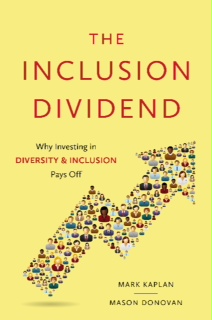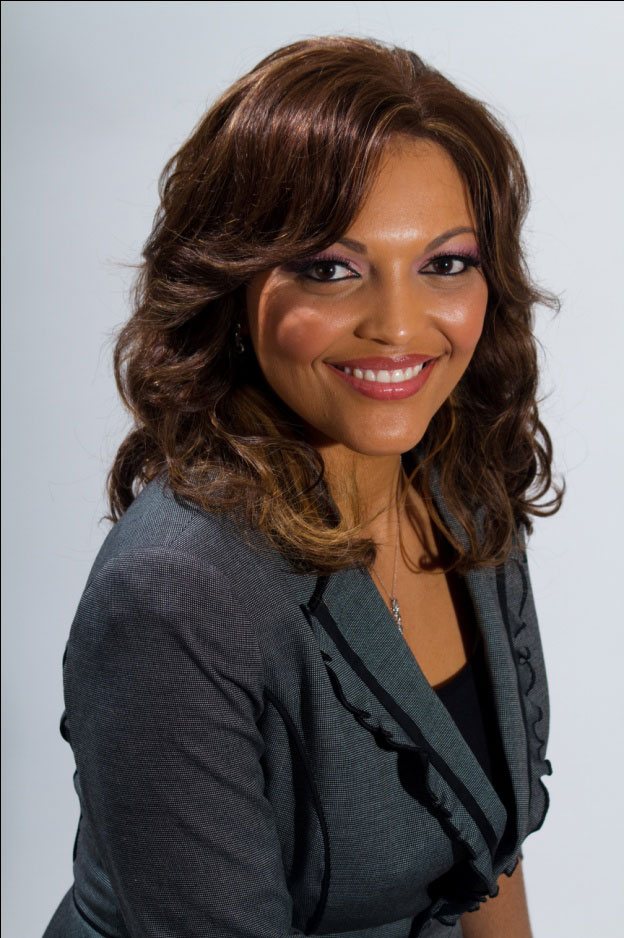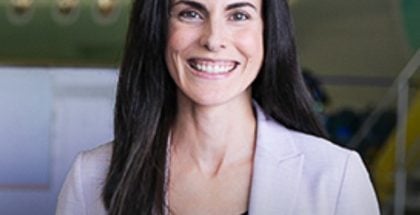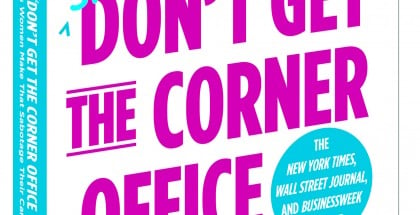Five Questions
Interview with Anne-Marie Thibaudeau – Director of Program Capture within Bombardier Defense
Editorial TeamIn celebration of women shattering the glass ceiling in traditionally male-dominated sectors, we are delighted to present an insightful interview with Anne-Marie Thibaudeau. Currently the Director of Program Capture within Bombardier Defense, Anne-Marie Thibaudeau’s journey is a compelling narrative of resilience, curiosity, and steadfast growth.
Read MoreNice Girls Don’t Get the Corner Office – Interview with the Author – Lois Frankel
Editorial TeamUpdated on 13 July 2023
Lois Frankel, bestselling author of Nice Girls Don’t Get the Corner Office: Unconscious Mistakes Women Make That Sabotage Their Careers, has updated her groundbreaking book to reflect all that has changed in the workplace over the last decade to help women identify 133 common behaviors that could be hindering their careers.
Women For Hire had the privilege to recently conduct an interview with her. We dove into a series of five detailed questions, sparking a captivating conversation. Not only can you delve into and explore our exclusive interview with her below, but along with this, we are also providing more information about her intriguing book.
Mason Donovan and Mark Kaplan: Diversity Pays
Editorial Team Mason Donovan and Mark Kaplan are principals of The Dagoba Group, a global diversity and inclusion consultancy focused on delivering measurable returns. They are co-authors of The Inclusion Dividend: Why Investing in Diversity & Inclusion Pays Off (Bibliomotion 2013).
Mason Donovan and Mark Kaplan are principals of The Dagoba Group, a global diversity and inclusion consultancy focused on delivering measurable returns. They are co-authors of The Inclusion Dividend: Why Investing in Diversity & Inclusion Pays Off (Bibliomotion 2013).
Read More
Five Questions: Adwoa M. Jones
Editorial Team Adwoa M. Jones is Founder & CEO of Crystal Clear Interviews, a job interview coaching program teaching talented professional women how to interview and get hired in any job interview, in any economy. She recently released her Free “Irresistible Interviews Blueprint: 5 Breakthrough Strategies To Interview For A Job And Motivate The Hiring Manager To Say Yes!”
Adwoa M. Jones is Founder & CEO of Crystal Clear Interviews, a job interview coaching program teaching talented professional women how to interview and get hired in any job interview, in any economy. She recently released her Free “Irresistible Interviews Blueprint: 5 Breakthrough Strategies To Interview For A Job And Motivate The Hiring Manager To Say Yes!”
On June 20, she imparted her expertise to at Women For Hire’s Nationwide Online Career Fair. We’ve compiled some of the most popular questions and her answers.
Read More
Job Seeker’s Market on the Horizon: What Does Your Future Hold?
Editorial TeamB eth N. Carvin is CEO of Nobscot Corporation, which makes exit interview management software. She has more than 20 years of business management and HR experience.
eth N. Carvin is CEO of Nobscot Corporation, which makes exit interview management software. She has more than 20 years of business management and HR experience.
Your Work Future? Expect Multiple Careers
Editorial Team In her book, Society 3.0, Dr. Tracey Wilen-Daugenti of Apollo Research Institute explores how rapid technological advancements are transforming the workplace and the worker. We asked her Five Questions:
In her book, Society 3.0, Dr. Tracey Wilen-Daugenti of Apollo Research Institute explores how rapid technological advancements are transforming the workplace and the worker. We asked her Five Questions:
1) You write that American workers must face a truth: lifelong employment is no longer guaranteed. In practical terms, what does this mean?
People are living longer. According to the Centers for Disease Control and Prevention, life expectancy in the United States has been on the rise for the last decade. Some experts predict people will soon be living to age 100. This means that not only are people living longer—they are also working longer.
According to the Wall Street Journal, many people will work into their 70s and 80s to be able to afford retirement. As part of our ongoing study of women in the workplace, we share this statistic with participants and ask: what does this mean to you?
What we consistently hear is that women realize they must stay educated, healthy and employed to be able to support themselves over a longer lifespan.
With increasing life expectancies, it is not unlikely that a person’s career could span 50-60 years compared to our parents’ 20-30 year careers. On a practical level, people can and probably will have multiple careers, and given economic cycles and market changes, it is unlikely they will stay with one employer unless they are self-employed.
Read More


